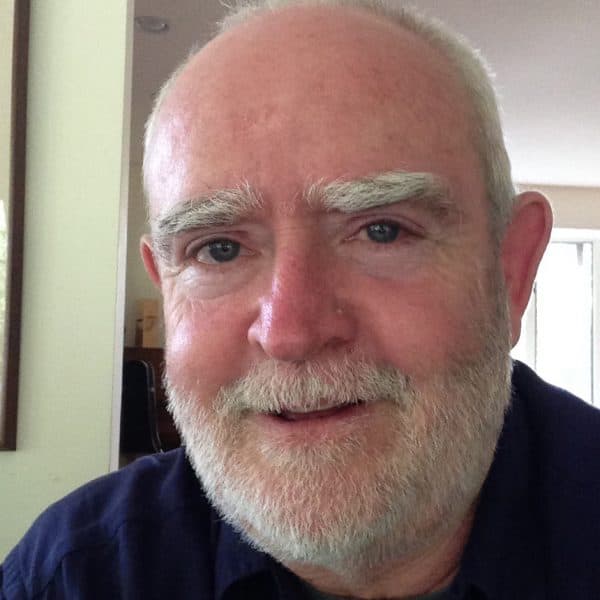Advertisement
Contending With The Specter Of Death, 140 Characters At A Time

“Forget funeral selfies. What are the ethics of tweeting a terminal illness?”
— Headline in The Guardian, Jan. 7, 2014
I did not expect to still be writing about Kate Granger in the present tense. I thought she would be dead by now. If that sounds unfeeling, well, she thought she'd be dead, too. She said so in an email, and on Twitter. Many times.
Dr. Granger — “call me Kate” -- was diagnosed with an aggressive sarcoma nearly five years ago. She began telling her story on Twitter in March 2012, to a smallish following. A while before the writer Emma Gilbey Keller and her husband, former New York Times editor Bill Keller, came under fire for stories questioning another terminal cancer patient’s use of Twitter to tell her story, Kate’s mortal tale had found a growing audience. Its present count: 42.3K.
Kate didn’t post for nearly a week after writing, “feeling very down after this morning's clinic visit. Just feel there is no hope for me anymore.” A chill ran down approximately 42.3K spines.
But not one of them really knows what to think. Following @GrangerKate has been a roller coaster ride and an emotional bait and switch. So often Kate’s tale of dying has become one of living, which may be her greatest gift. She is a marvel of revelation and self-motivation, and no small part of that has been her passion for being a medical doctor.
She wants to care for suffering humans. It is a profound calling. Her specialties are elder and palliative care, finding ways to somehow lessen the suffering. All while sharing her own.
Around the time Kate started telling her story on Twitter, the American physician Ken Murray published an influential essay about the difference in ways of dying between physicians and patients. More than their patients, Murray wrote, doctors know when to say when.
I don't have tomorrow so I have to do things today.
Kate Granger
This seemed true of Kate. “Never again,” she would write in a letter to chemo. But then she’d change her mind. This happened more than once.
A newlywed when diagnosed, Kate wanted more time with her husband. A newly minted doctor, she wanted more time with patients. Another round of chemo allowed her meet the queen, to write another book, to hold her niece for the first time. She launched a national movement in England, a product less of her training as a physician than her experience as a patient.
Being a patient gave her a view she preferred not to have into an impersonal side of her profession, with rounding teams of doctors and medical students gathering at the bed of a person defined by a set of symptoms. This inspired Kate's #hellomynameis name tag that has become something of a phenomenon throughout the National Health Service and elsewhere in the U.K.
Scan the hashtag, or @PointonChris, the Twitter handle for Kate's husband, Chris Pointon, and be amazed at the photos of who has adopted #Hellomynameis — pop stars Kylie Minogue and Peter Andre, Virgin founder and entrepreneur Richard Branson and British Prime Minister David Cameron, to name a few.
“I think you are right about productivity at the end of life,” Kate wrote in an email to me earlier this year. “I don't have tomorrow so I have to do things today. When I'm having a bad day, then I tend to just push myself into action. I guess it all comes back to legacy for me. I want to make my mark on healthcare.
“Because of my illness, that is not going to be through a long, distinguished academic and clinical career; but it could be through improvement of culture and how we view patients now with the #hellomynameis campaign.”
[Kate Granger] is a marvel of revelation and self-motivation, and no small part of that has been her passion for being a medical doctor.
The chemo ride consists of hopeful peaks and toxic depths, and more hopeful peaks if you’re lucky. Kate and her husband agreed that six months of good quality of life would be "worth it for suffering the distress of chemo," as she put it in an email.
“I know full well there will come a time when we won't achieve the six months good time (chemo is becoming less and less effective with each course) and my baseline fitness will be declining,” Kate wrote to me.
“Making a choice not to have treatment in that setting will obviously be very difficult, but I think because we have been open, honest and logical about it, hopefully it will be easier to communicate our choices to family and friends.”
To all 42.3K of them, in 140 characters or fewer.
